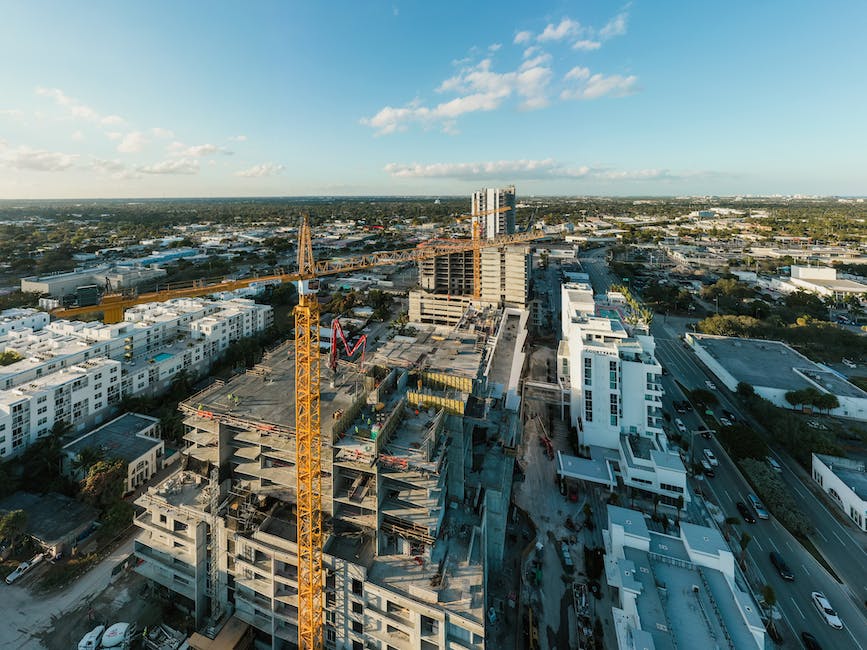Why proper crane operations are crucial in construction projects
Proper crane operations are absolutely crucial in construction projects for a number of reasons. First and foremost, safety is of paramount importance. Operating a crane requires skill and precision, as any mishap can result in serious accidents and injuries. Additionally, proper crane operations ensure that materials are lifted and transported efficiently, saving both time and money. A skilled crane operator understands the weight capacities and limitations of the crane, ensuring that loads are lifted and moved safely and effectively. By adhering to proper crane operations, construction projects can be completed smoothly and successfully, without any unnecessary delays or incidents.

Understanding the risks associated with improper crane operations
Understanding the risks associated with improper crane operations is vital in ensuring the safety and success of construction projects. Cranes are powerful machines that play a crucial role in lifting and moving heavy materials, but if not operated correctly, they can lead to devastating accidents and injuries. Improper crane operations can result in crane collapses, tip-overs, load drops, and struck-by incidents. It is essential to have trained and certified crane operators who understand the importance of load capacity, stability, and proper rigging techniques. By following strict safety protocols and adhering to industry standards, construction companies can minimize the risks and maintain a safe working environment for everyone involved.
The impact of crane accidents on construction projects
Crane accidents can have a significant impact on construction projects, both in terms of safety and productivity. These accidents can result in serious injuries or even fatalities, causing delays in the project timeline and increasing costs. Additionally, the damage caused by a crane accident can lead to extensive repairs and replacements, further disrupting the construction process. Construction companies must prioritize proper crane operations to minimize the risk of accidents and ensure the smooth execution of their projects. This includes thorough training and certification for crane operators, routine inspections and maintenance of the equipment, and adherence to safety protocols and regulations. By prioritizing safety and implementing best practices, construction companies can mitigate the negative impact of crane accidents and maintain a productive and efficient work environment.
The role of crane operators in ensuring safety and efficiency
Crane operators play a crucial role in ensuring the safety and efficiency of construction projects. These skilled professionals are responsible for operating the crane and lifting heavy loads, but their responsibilities go beyond that. A competent crane operator must have a deep understanding of the equipment they are working with, as well as knowledge of the site conditions, load capacity, and proper rigging techniques. By following strict safety protocols and adhering to industry regulations, crane operators mitigate the risk of accidents and injuries on the job site. Additionally, their expertise in maneuvering the crane efficiently can help maximize productivity and minimize downtime. In the world of construction, the role of crane operators cannot be underestimated, as their expertise is essential for the successful completion of any project.
The necessary qualifications and training for crane operators
Proper crane operations are vital in ensuring the safety and efficiency of construction projects. Crane operators must possess the necessary qualifications and undergo extensive training to handle these powerful machines. Contrary to popular belief, crane operation is not a simple task that anyone can undertake. It requires a deep understanding of crane mechanics, load calculations, and rigging techniques. Additionally, crane operators must be well-versed in safety protocols and possess excellent spatial awareness. By having skilled and qualified crane operators on site, construction projects can minimize the risk of accidents, ensure smooth operations, and adhere to industry regulations.
The importance of regular crane inspections and maintenance
Regular crane inspections and maintenance are of utmost importance in construction projects. Cranes are powerful and complex machines that require careful monitoring and upkeep to ensure their safe and efficient operation. Regular inspections help identify any potential issues or defects that could compromise the crane’s structural integrity or functionality. By addressing these problems promptly, we can prevent accidents, equipment failures, and costly downtime. Additionally, routine maintenance ensures that all components are in optimal condition, reducing the risk of unexpected breakdowns and extending the crane’s lifespan. By prioritizing regular inspections and maintenance, construction projects can proceed smoothly and with the highest level of safety.
Best practices for safe crane operations on construction sites
Safe crane operations are of utmost importance in construction projects. Following best practices ensures the safety of workers and prevents accidents that can result in injuries or even fatalities. One crucial aspect is conducting thorough pre-operational inspections to identify any potential issues or malfunctions. It is also essential to establish clear communication protocols between the crane operator and the signal person to avoid misunderstandings and prevent accidents. Additionally, regular maintenance and inspections of the crane equipment are necessary to ensure its proper functioning. By adhering to these best practices, construction sites can minimize risks and maintain a safe working environment for everyone involved.
The use of advanced technology in improving crane operations
Advanced technology has revolutionized the field of crane operations in construction projects, enhancing efficiency and safety. With the integration of cutting-edge features such as GPS tracking, remote control systems, and load monitoring sensors, crane operators now have greater control and visibility over their operations. This technology enables precise positioning and movement, minimizing the risk of accidents and improving overall productivity. Additionally, advanced software and analytics allow for real-time data analysis, enabling operators to make informed decisions and optimize crane performance. By embracing these advancements, construction companies can ensure smoother operations, reduced downtime, and a safer working environment for their teams.
How proper crane operations contribute to project timelines and budgets
Proper crane operations play a pivotal role in the success of construction projects, impacting both timelines and budgets. By ensuring that cranes are operated correctly, construction teams can optimize efficiency and minimize costly delays. Skilled crane operators are trained to handle various types of loads, maneuvering them safely and swiftly to their intended destinations. This level of precision not only reduces the risk of accidents and damages but also allows for streamlined workflow, enabling projects to stay on schedule. Additionally, by maximizing crane productivity, construction companies can effectively manage costs, as time spent on crane operations is optimized and unnecessary expenses are minimized. Understanding the importance of proper crane operations is key to achieving project goals efficiently and within budget constraints.
The future of crane operations in construction projects
The future of crane operations in construction projects is a topic of great significance in the industry. As technology continues to advance, so does the potential for innovation in crane operations. From remote-controlled cranes to autonomous lifting systems, the possibilities are endless. These advancements not only improve efficiency and productivity but also enhance safety on construction sites. With the ability to monitor and control crane operations from a distance, operators can minimize the risks associated with working at great heights. Additionally, the integration of artificial intelligence and machine learning algorithms allows for predictive maintenance, reducing downtime and costly repairs. The future of crane operations is undoubtedly exciting, and staying updated on the latest developments is crucial for construction professionals.
Contact Sky Point Crane for any of your crane rental needs today!
724-471-5710
info@skypointcrane.com

